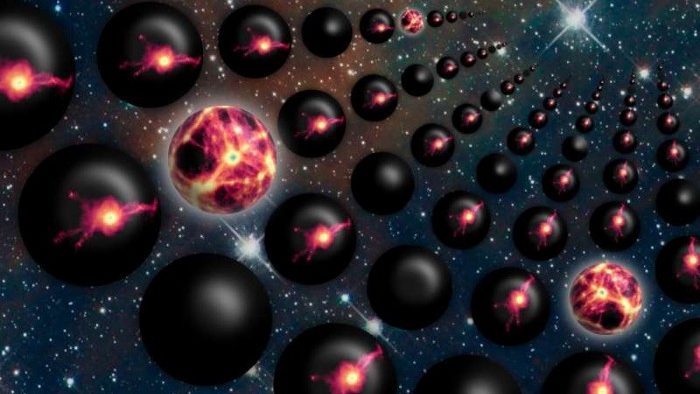Universe May Rip Apart Well Before Anyone Expected

What’s the Latest Development?
Based on calculations of dark energy, a pair of Chinese researchers believe the Universe could end 6 billion years earlier than previously estimated, meeting its untimely death in 16.7 billion years from now rather than 20-22 billion. The calculations are based on a constant ‘w’ assigned to dark energy, representing a way to mathematically depict the ratio of pressure and density of the mysterious force. If the value of ‘w’ is less than -1, “their calculations reveal that dark energy will eventually grow to infinity—a regrettable turn of events that will cause everything in the universe to fly apart from each other—including tiny particles and any other building block of the Universe.”
What’s the Big Idea?
This end to the Universe is known as the big rip and based on the Chinese scientists’ calculations, the violent ripping will occur before the infamous heat death. “The cosmologists suggest that dark energy’s gravitational repulsion will continually increase until it overcomes all forces holding objects together, causing every structure in the Universe to be torn apart. Nothing will be immune to this cataclysmic event—including those atomic-scale objects that are more tightly bound (they’ll be the last to go).” There is not too much cause for concern, however, since scientists do not expect our solar system to exist in its current form when the Universe begins to end.
Photo credit: Shutterstock.com





